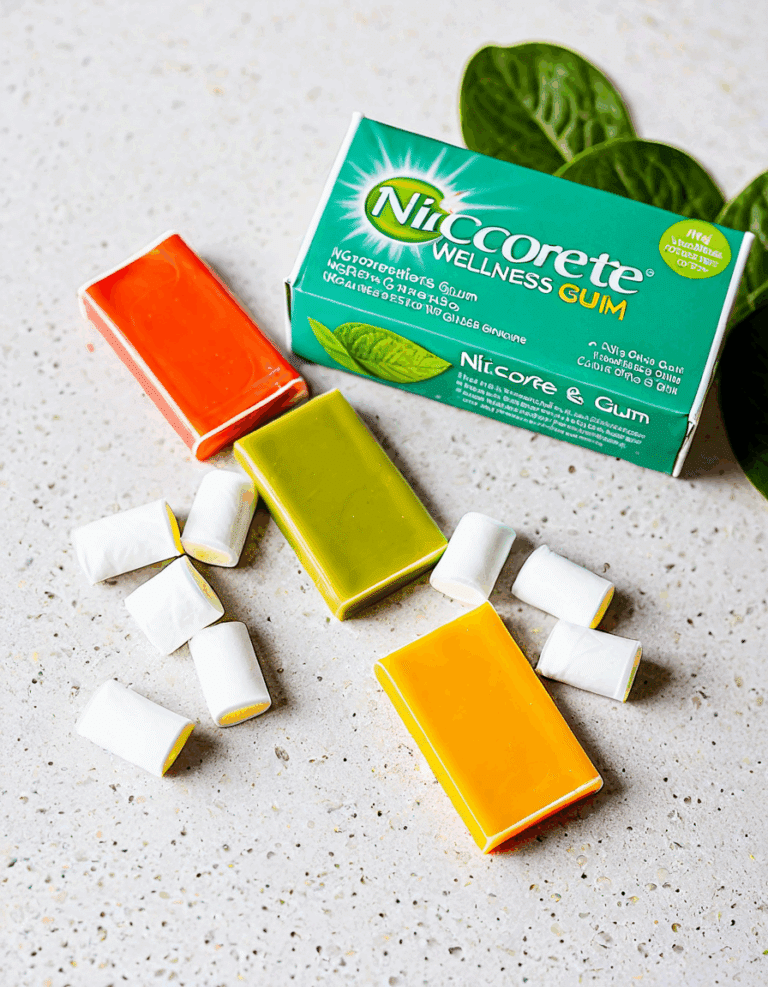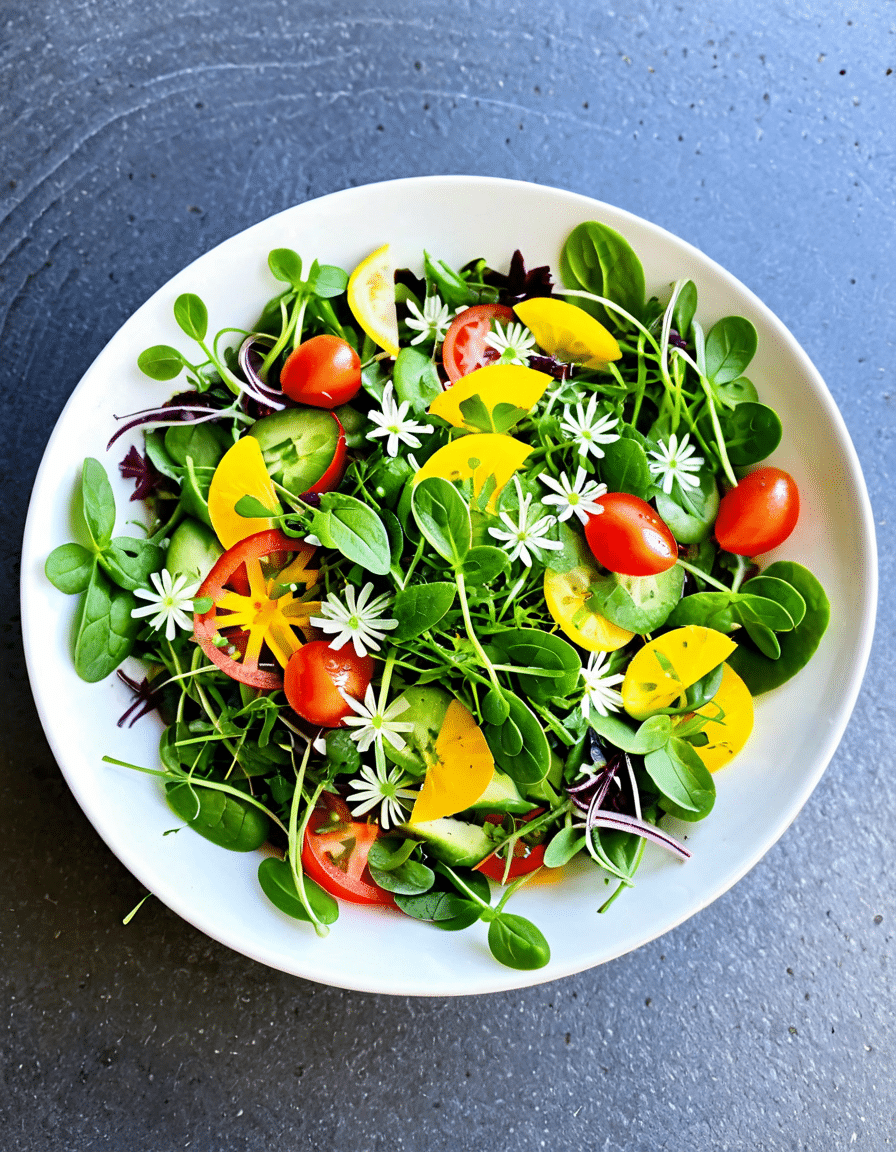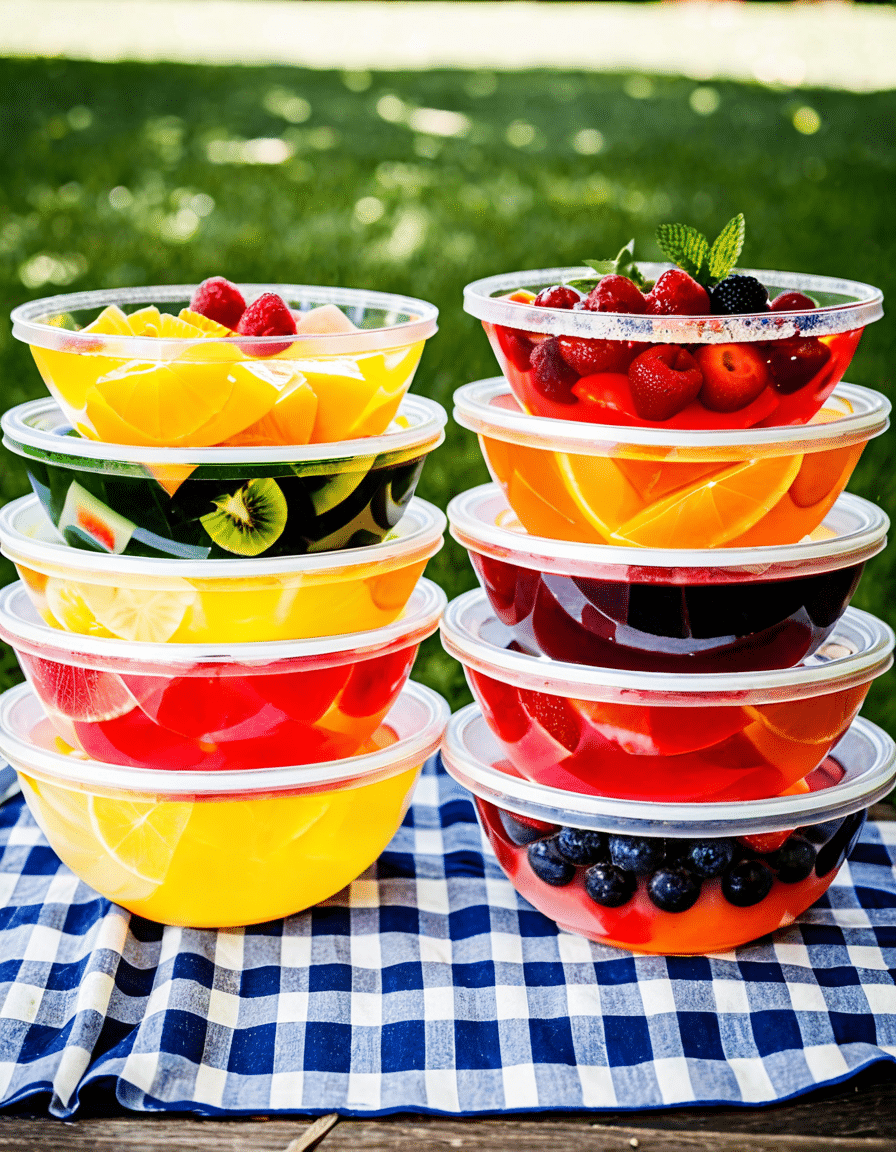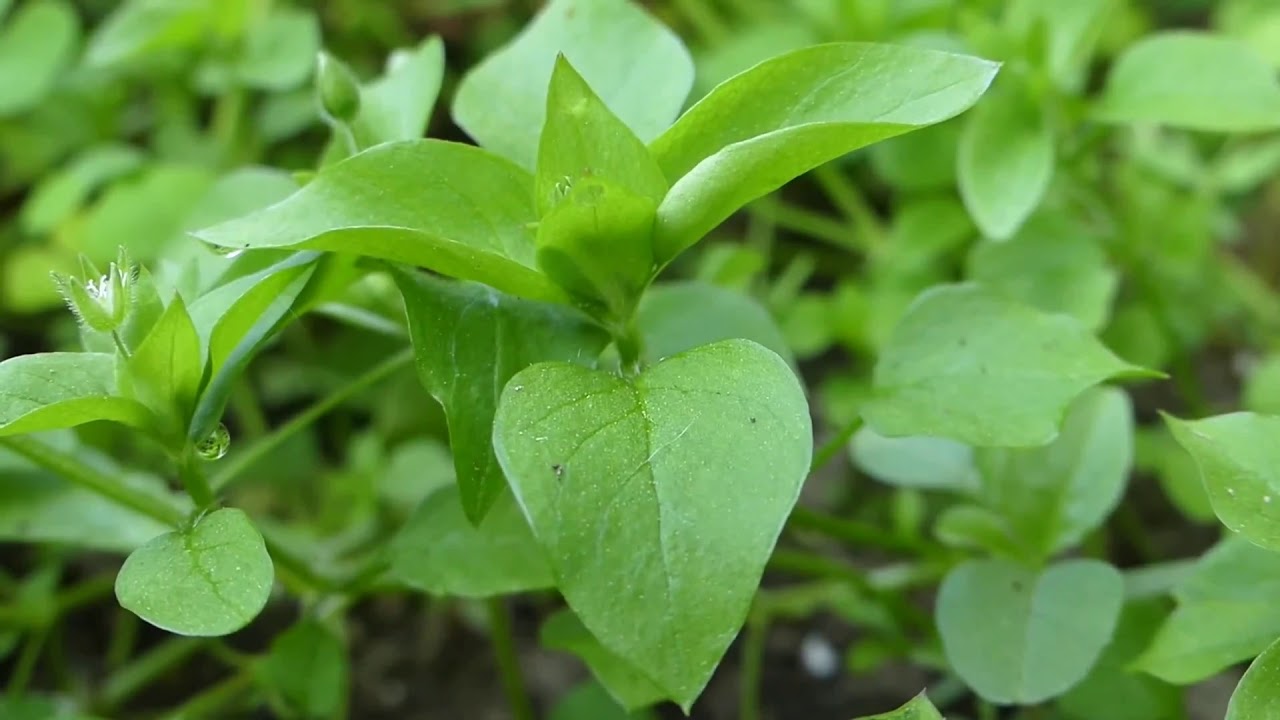
The Surprising Benefits of Chickweed: Unlocking Nature’s Hidden Gem
When you think of chickweed, that pesky little green plant often seen sneaking into your garden, it’s easy to overlook its incredible potential. It might seem insignificant, but chickweed (Stellaria media) boasts a treasure trove of health benefits that are likely to blow your mind and boost your fitness game. So, let’s dive deep into the 7 remarkable health benefits of chickweed that go beyond your average salad garnish.
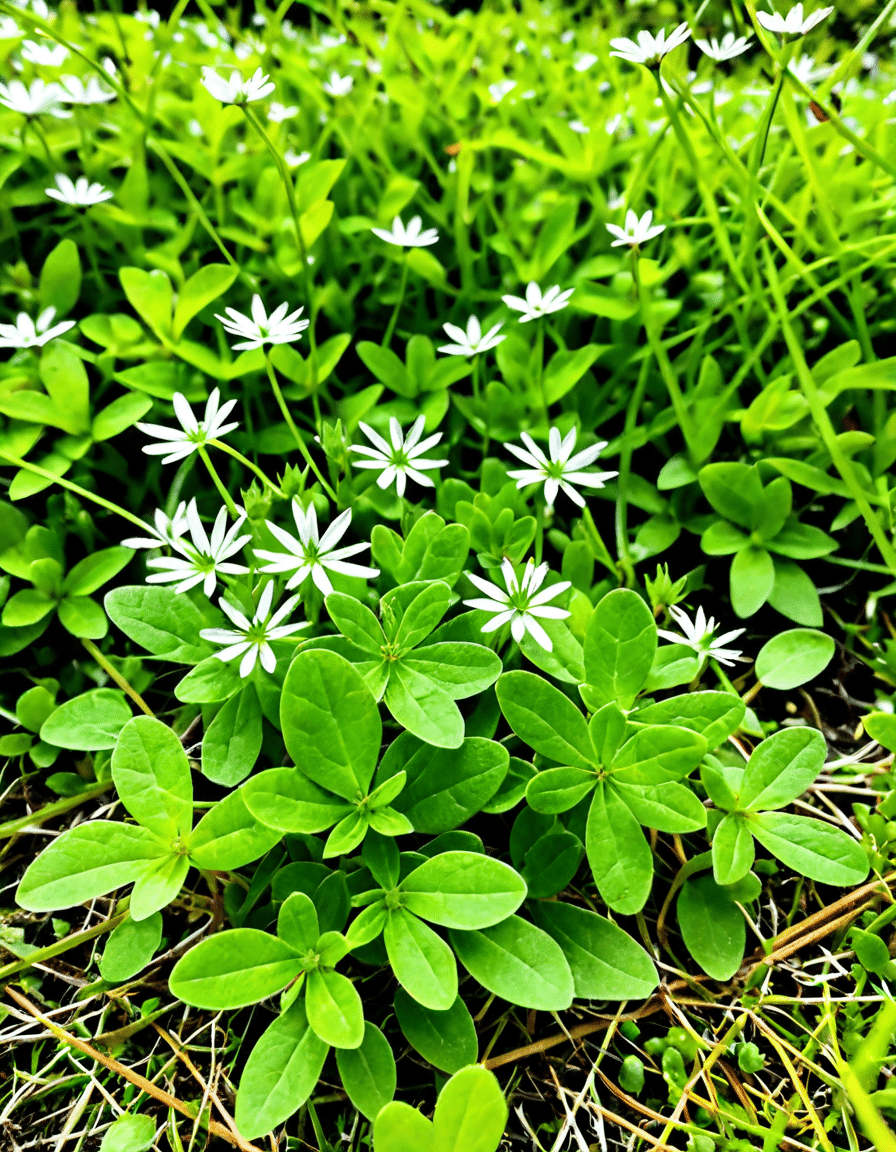
7 Remarkable Health Benefits of Chickweed That You Didn’t Know
Chickweed has been a go-to in traditional medicine for centuries, but it’s about time we recognize it for its nutritional prowess. Here’s what this unassuming green has to offer:
1. Nutrient-Dense Profile
Chickweed is loaded with vitamins and minerals. This tiny plant packs vitamins like C and A, carotenoids, and several B vitamins. Vitamin A, in particular, plays a key role in skin health and immune function, a must for anyone trying to get ripped and remain healthy. And guess what? Compared to lemon grass, chickweed serves up a denser array of nutrients in a smaller serving. You’re getting all those goodies without the extra calories!
2. Anti-Inflammatory Properties
Chickweed’s anti-inflammatory superhero status comes from its rich content of saponins and flavonoids. Research indicates these compounds can inhibit inflammatory processes in the body. This is particularly beneficial if you suffer from arthritis or other chronic inflammation issues. Instead of reaching for over-the-counter meds, consider adding chickweed to your routine for a natural alternative. You’ll be amazed at what a little green can do!
3. Rich in Antioxidants
This mighty herb is a warrior against oxidative stress. Antioxidants found in chickweed help neutralize free radicals in the body. A study in the Journal of Medicinal Plants Research confirms that the flavonoids in chickweed can lower the risk of chronic diseases such as cancer and heart disease. This plant beats many conventional supplements in terms of antioxidant content, making it a killer addition for those looking to stay lean and healthy.
4. Aiding Digestion
Chickweed is high in dietary fiber, making it your buddy for healthy digestion. The mucilaginous texture of chickweed acts like a soothing balm on your digestive tract. It helps regulate bowel movements and combats gastrointestinal discomfort like bloating. While lemon grass can also aid in digestion, chickweed offers a more versatile approach—think fresh salads, sautéed dishes, or added into soups without needing to brew anything fancy.
5. Skin Healing Properties
If you’ve got irritations, chickweed can lend a helping hand. Its topical application is praised in herbal medicine for soothing irritated skin. Brands like Herbivore Botanicals have cottoned on to this and feature chickweed extracts in their products for skin healing. Its antimicrobial properties speed up healing for cuts and rashes more effectively than lemon grass oil, which is often more about fragrance than treatment.
6. Weight Management Support
For those of you keen on shedding some extra pounds, chickweed is your secret weapon. Its high fiber content and low-calorie count make it perfect for feeling full without overdoing it on calories. It can help keep those cravings at bay, promoting effective weight management. While lemon grass has detox qualities, chickweed brings that and more to the dinner plate, making it an ideal candidate for your weight loss meals.
7. Versatile Culinary Ingredient
Let’s talk about the culinary delights of chickweed. This leafy green shines in various dishes, whether fresh in salads, sautéed, or blended into soups. It brings a mild flavor, reminiscent of spinach, making it easy to incorporate into your cooking. Unlike lemon grass, which can be a bit tricky in terms of preparation, chickweed is user-friendly, enhancing your meals without the hassle.
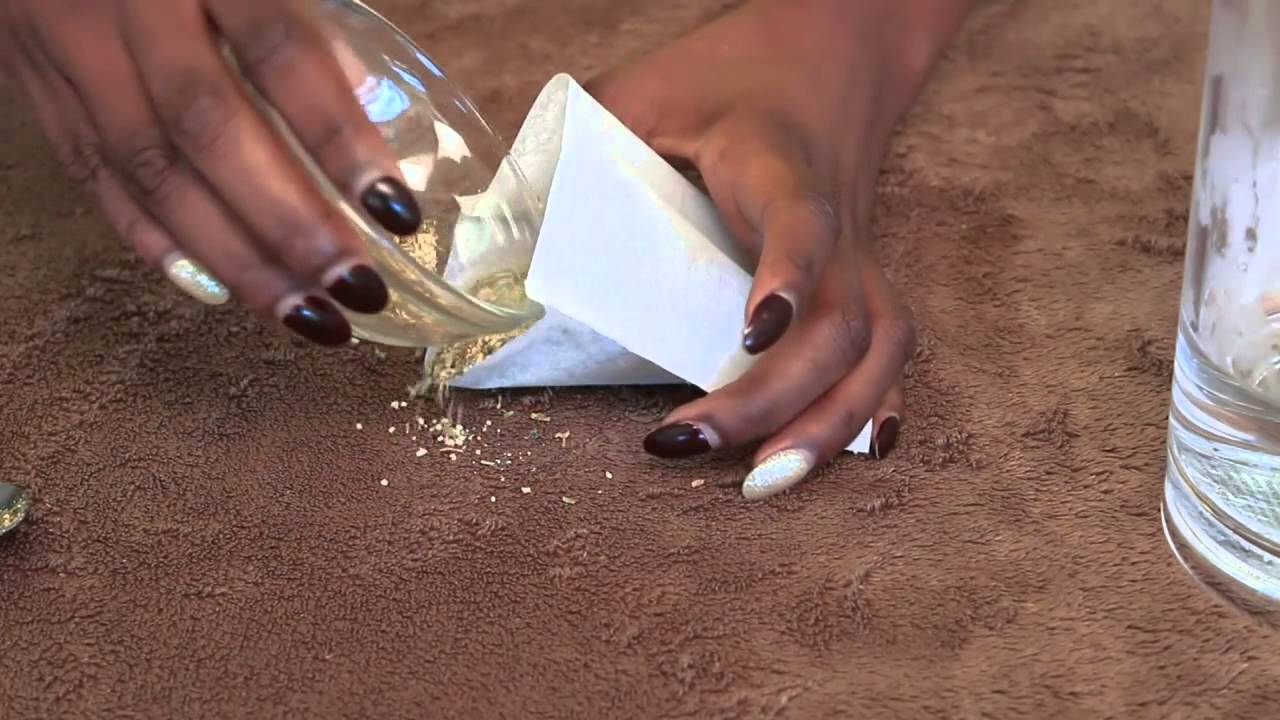
Harnessing the Power of Chickweed and Lemon Grass Together
So, what happens when you combine chickweed and lemon grass? It’s a match made in health heaven! Infusing both plants in a refreshing tea can provide a unique flavor profile and a powerhouse of antioxidants. Each sip hydrates and nourishes your body, showcasing the natural synergy of herbal medicine. Adding this refreshing tea to your daily routine can be a tasty way to embrace wellness.
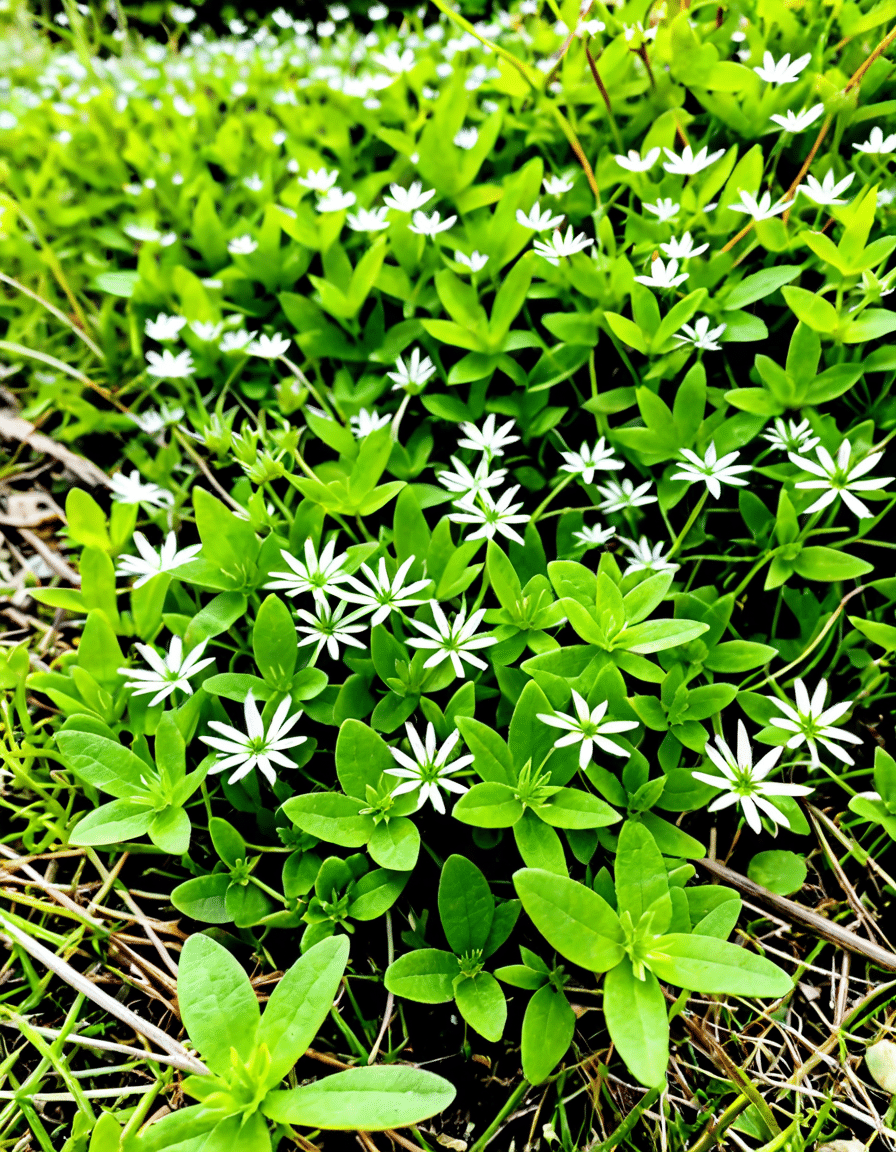
Embracing Nature’s Bounty
As we continue discovering the depths of nutrition and wellness, chickweed stands out as a delightful surprise. Its numerous benefits are not just for show—they’re a powerful case for including this green gem in your diet and holistic health practices. Whether you’re a seasoned gardener or just someone looking to boost your health, integrating chickweed into your meals could inspire you to explore more of nature’s bounty.
In today’s health-focused world, don’t overlook the potential of chickweed. It offers more than just a backdrop in your garden; it’s a powerhouse herb that can complement your diet, support your fitness goals, and contribute to overall well-being. So grab some chickweed, whip up a hearty salad, and add a sprinkle of lemon grass for good measure. Rich flavors and healthy nutrients await!
At the end of the day, it’s all about working smarter, not harder, when you’re on the path to getting shredded. Would you believe that such a quick-growing, wild herb can have a profound impact on your life and health? Think about it and get started on this wholesome adventure today! For a little extra boost, consider integrating nutrients from sources like wheatgrass and reminding yourself of those fun equations—like How many Oz in cup—to stay sharp in the kitchen!
So put on your apron, take advantage of what’s growing in your backyard, and embrace the health benefits of chickweed—this hidden gem is ready to transform your approach to nutrition!
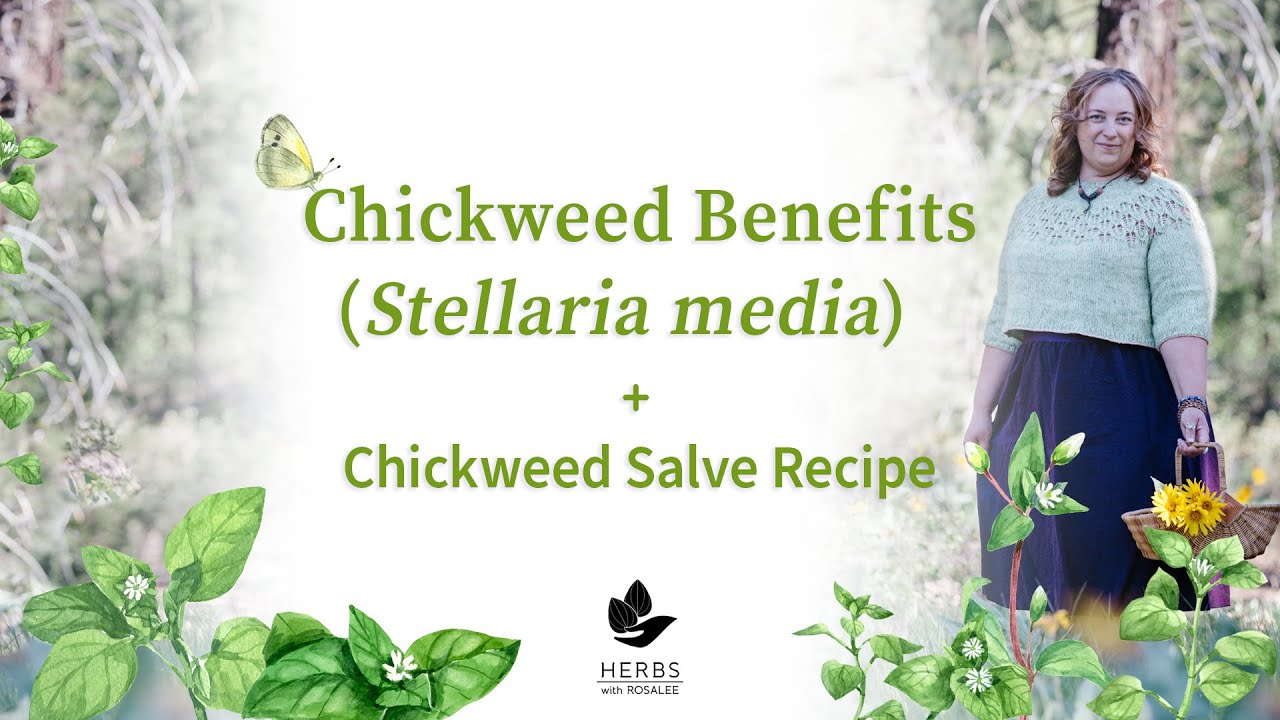
Chickweed: Nature’s Little Powerhouse
Fascinating Facts About Chickweed
You might be surprised to learn that chickweed, a plant often dismissed as a pesky weed, has a treasure trove of benefits. This humble green grows in gardens and fields, but its nutritional profile is anything but ordinary. Loaded with vitamins A and C, chickweed is also high in essential fatty acids and antioxidants. It’s no wonder that some folks might consider it a superfood—kind of like discovering that a big movie star, like Ryan Reynolds, has a surprisingly humble net worth compared to his blockbuster reputation! You can really find value in things you often overlook, much like the benefits of chickweed.
But wait, there’s more! Chickweed has been utilized as a herbal remedy for centuries, gaining popularity among those who appreciate natural health solutions. Traditionally, it’s known to aid digestion and soothe irritated skin, making it quite the versatile addition to anyone’s herbal arsenal. Just think of it as a natural counterpart to pharmaceuticals like Topomax or Bimzelx, but with a much more organic feel. Who would have thought that such a small plant could pack such a punch?
The Secrets Behind Chickweed’s Popularity
Now, let’s dive into some more quirky chickweed trivia. Did you know that it’s often used in salads and as a garnish? That’s right! Its fresh, mild taste can add a pop of flavor to your next dish. Speaking of surprising discoveries, much like how dreams come true even in Hollywood for actors like Anya Robbie and Olwen Fouéré, chickweed can work wonders for your well-being. This little gem is believed to help with weight management and promote healthy skin—almost like it’s made for those who are all about chasing beauty.
In addition, chickweed is also a favorite among herbalist circles, often found in soothing balms and salves. It’s not just a trend among health enthusiasts but a long-standing practice that means chickweed might just be the secret ingredient to revitalized skin. So, the next time you’re pondering over wellness options, think about how this little weed might just be the best-kept secret since the Grand Canyon was closed off during certain seasons. Embrace chickweed—you might just find that it offers more than you ever imagined!
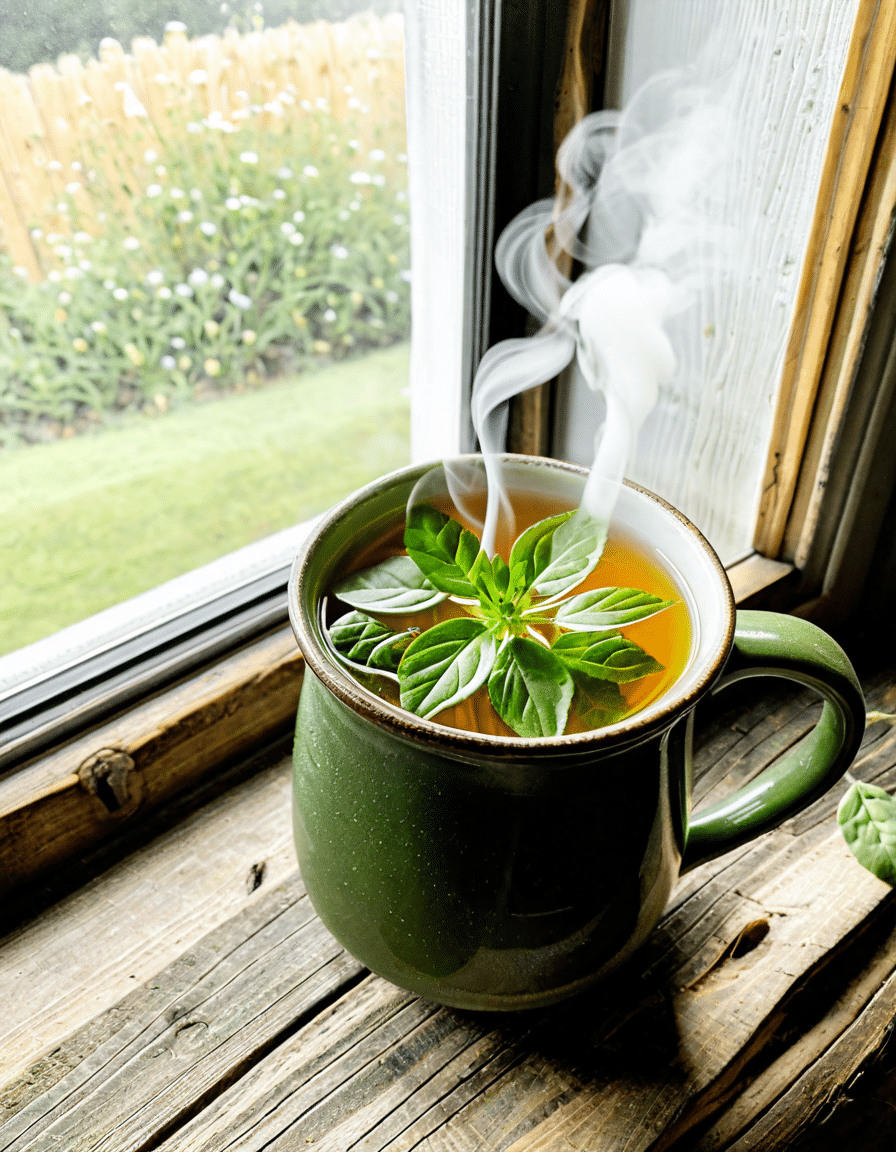
What is the problem with chickweed?
Chickweed can be a pesky weed in gardens and lawns, often spreading quickly and crowding out other plants you might actually want to grow. It can thrive in cool weather, making it hard to control in early spring and fall.
What is the herb chickweed good for?
When it comes to health, chickweed is known for its anti-inflammatory and antioxidant properties. It’s often used in herbal remedies for respiratory issues and skin irritations, and some folks say it may even support digestion.
What are the poisonous look-alikes of chickweed?
Chickweed has a couple of look-alikes that can be poisonous. These include the deadly nightshade and certain types of bindweed, which can be unsafe if ingested. So, it’s key to identify it correctly before use.
Is chickweed edible for humans?
You bet! Chickweed is edible for humans and has a mild taste that makes it great in salads, smoothies, or as a cooked green. Just make sure it’s clean and free from any chemicals.
What damage does chickweed do?
Chickweed can damage gardens by overshadowing and outcompeting young plants for sunlight, space, and nutrients, which can lead to stunted growth in your desired plants.
Is chickweed poisonous to dogs?
Nope, chickweed isn’t considered poisonous to dogs. It’s generally safe, but if a dog eats a lot of it, it might cause some minor stomach upset.
How does chickweed help you lose weight?
Chickweed’s high water content and dietary fiber may help with weight loss since it can make you feel fuller and support healthy digestion. Plus, it’s low in calories, making it a smart snack choice.
Who should not use chickweed?
Pregnant women and those with certain allergies should be cautious and consult a healthcare provider before using chickweed, as it can cause reactions in sensitive individuals.
Can you drink chickweed tea every day?
Drinking chickweed tea every day is usually fine for most people, but moderation is key, just like with anything else. It’s best to listen to your body and see how it reacts.
Can chickweed make you sick?
Though chickweed is generally safe to eat, consuming a huge amount might upset your stomach or cause mild digestive issues, especially if you’re not used to it.
Should I remove chickweed from my garden?
Removing chickweed from your garden depends on your priorities—it can be a nuisance, but it also provides cover for soil and can attract beneficial insects.
Is chickweed the same as purslane?
Chickweed and purslane aren’t the same; purslane is thicker and has a distinct, fleshy stem, whereas chickweed has a thinner, more delicate appearance with a mild flavor.
Does chickweed have any benefits?
Chickweed does have benefits! It’s packed with vitamins and minerals, and is often used in herbal treatments for its soothing properties on the skin and respiratory system.
How to prepare chickweed for eating?
To prepare chickweed for eating, simply rinse it well under water, remove any tough stems, and use the tender leaves and shoots in your salads, soups, or stir-fries.
Is chickweed good for arthritis?
Chickweed may help with arthritis due to its anti-inflammatory properties, but it shouldn’t replace medical treatments. Always check with a healthcare provider for proper care.
What are the side effects of eating chickweed?
Side effects of chickweed are rare, but some folks might experience allergic reactions, especially if they have a history of plant allergies.
What is the power of chickweed?
The power of chickweed lies in its nourishment and medicinal properties, supporting health through its antioxidants and vitamins while also promoting a healthy digestive system.
Is chickweed good for your kidneys?
Chickweed has a reputation for being good for kidneys, as it’s thought to act as a mild diuretic, helping promote urination and flushing out toxins.
What is the magical use of chickweed?
In magical traditions, chickweed is often associated with friendship and protection, and some believe it can be used in charms to foster love and harmony.
Why do I have so much chickweed in my lawn?
If you’ve got a lot of chickweed in your lawn, it might indicate that your soil is rich and organic, as chickweed tends to thrive in healthy conditions.
Should I let chickweed grow?
Letting chickweed grow can be beneficial in some ways since it can improve soil health, but if it starts taking over, you might want to think about controlling it to keep your desired plants healthy.
Who should not use chickweed?
Again, pregnant women or those sensitive to certain herbs should be cautious with chickweed. Always check in with a doctor if you’re unsure.
What does chickweed say about your soil?
Chickweed can signal that your soil is fertile and moist, so seeing it pop up might mean you’ve got good gardening conditions going on.



